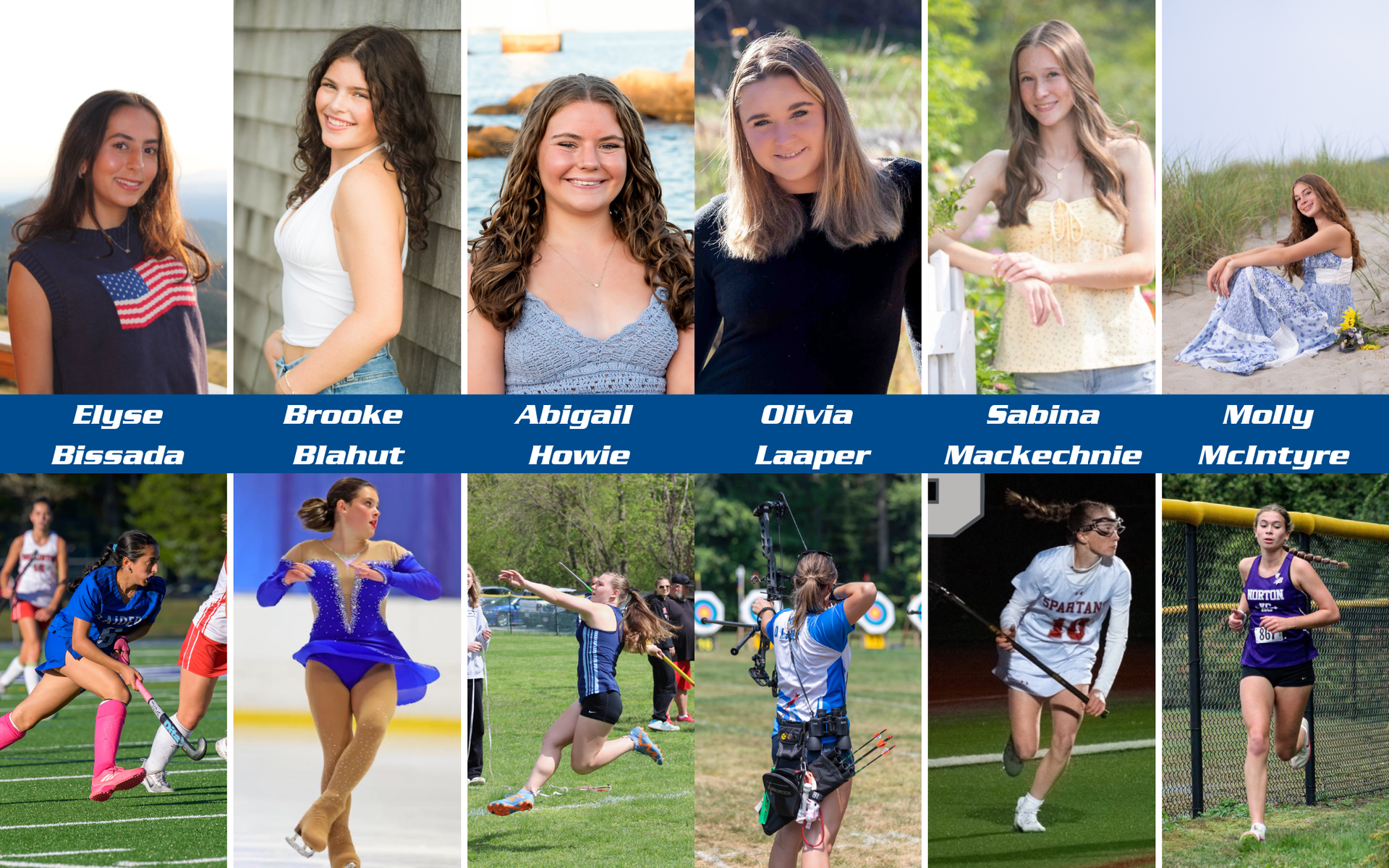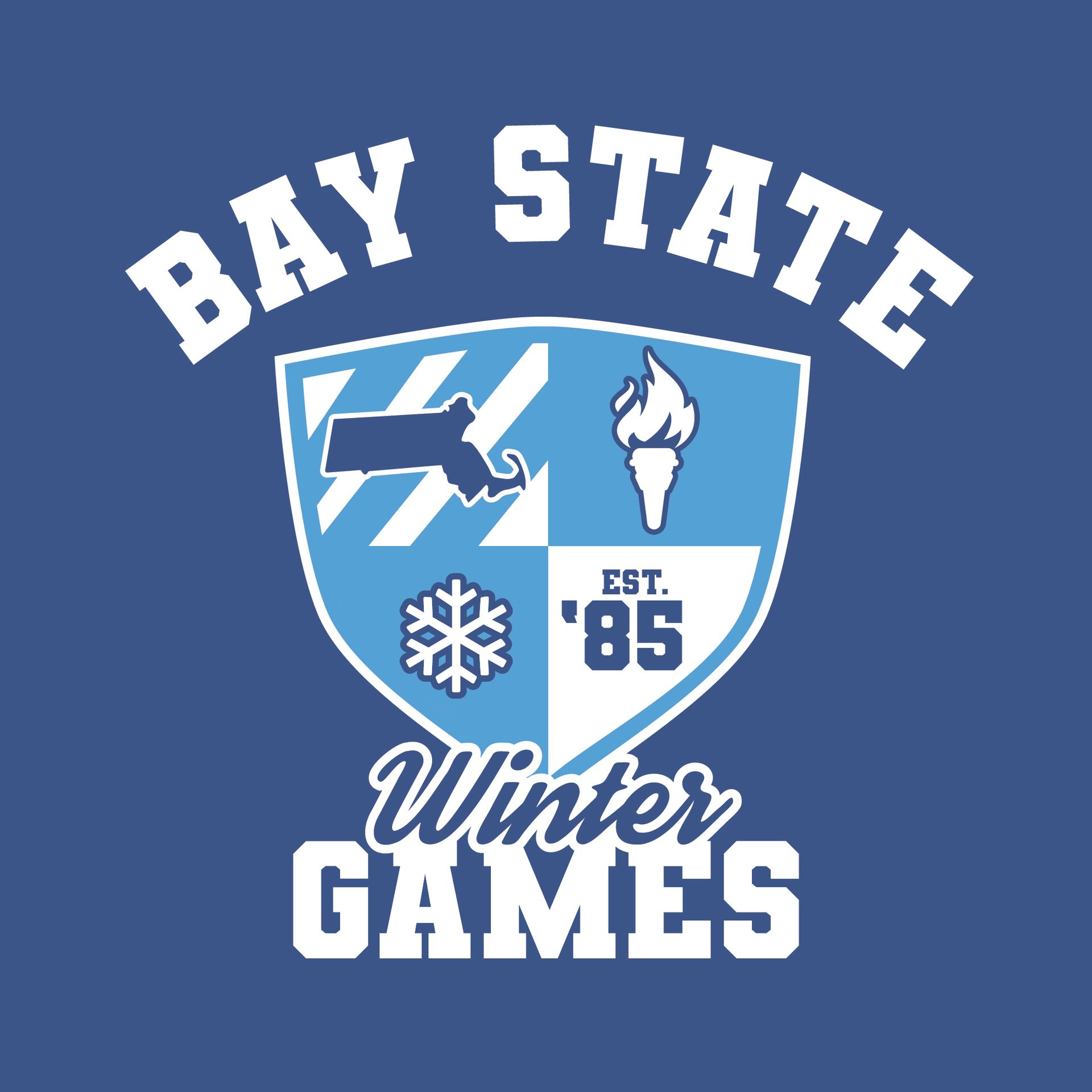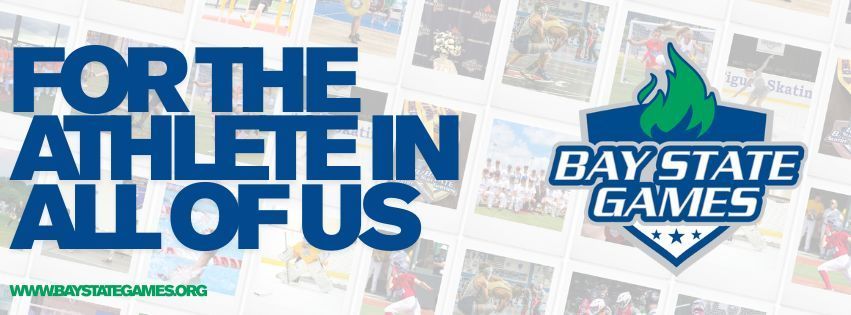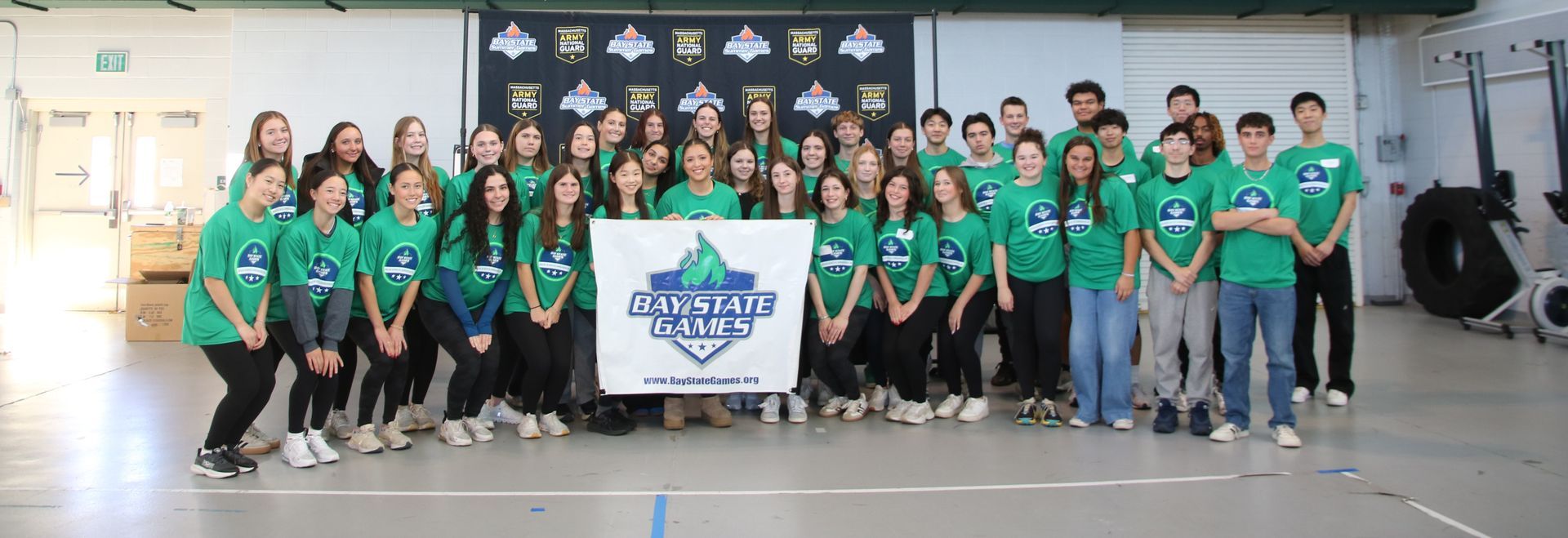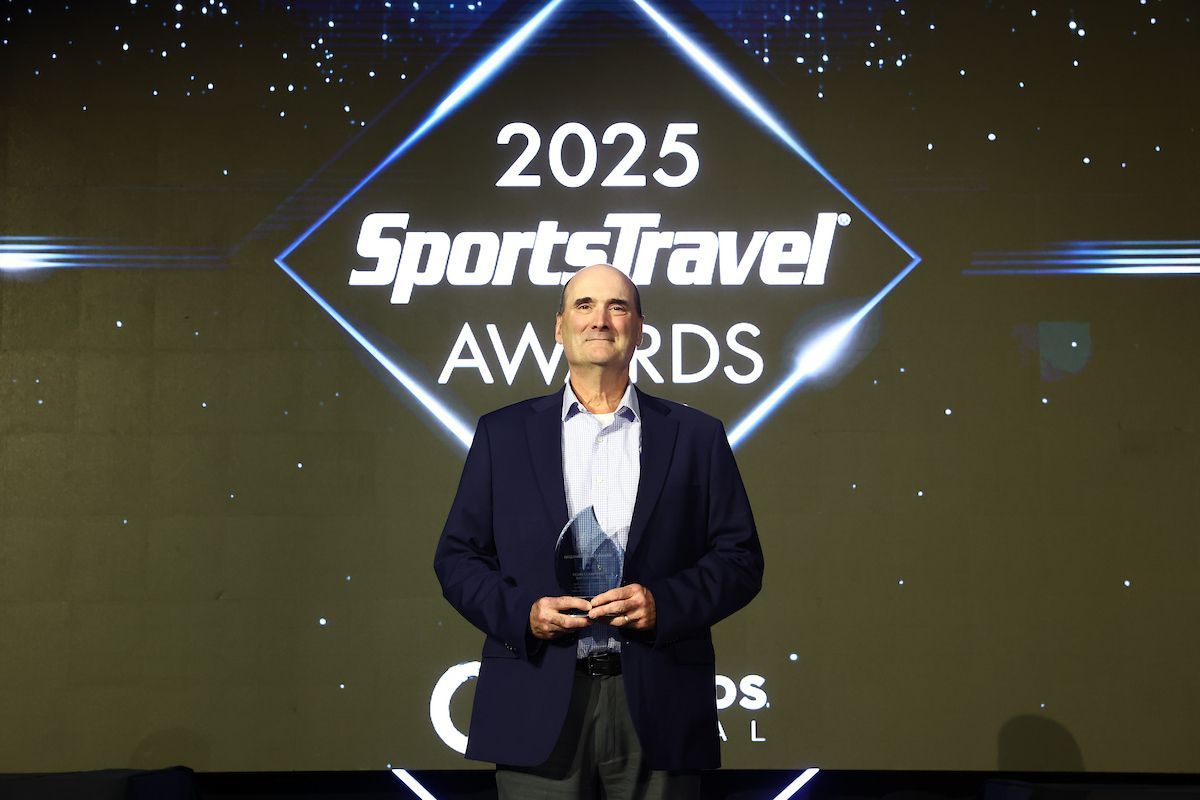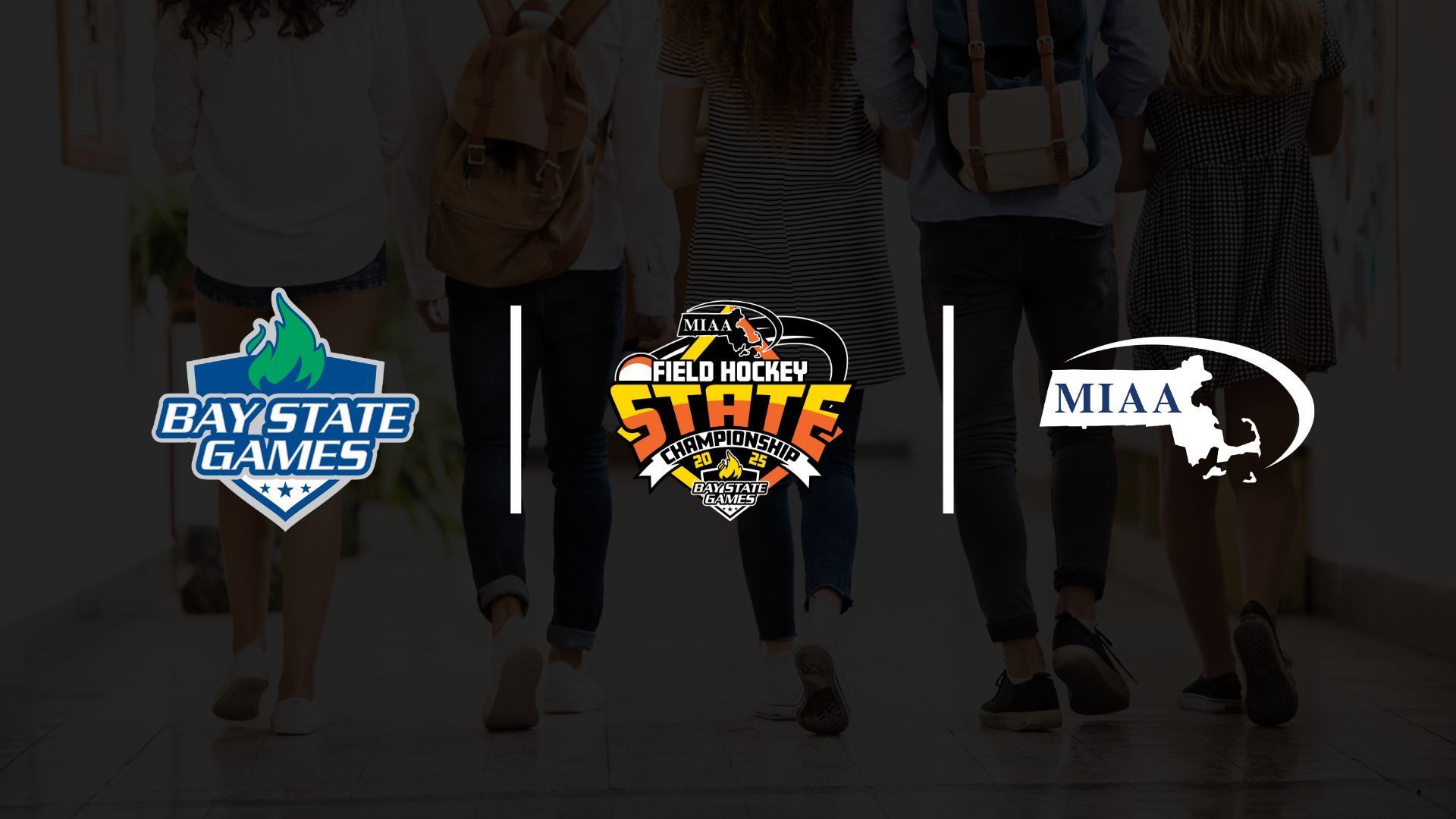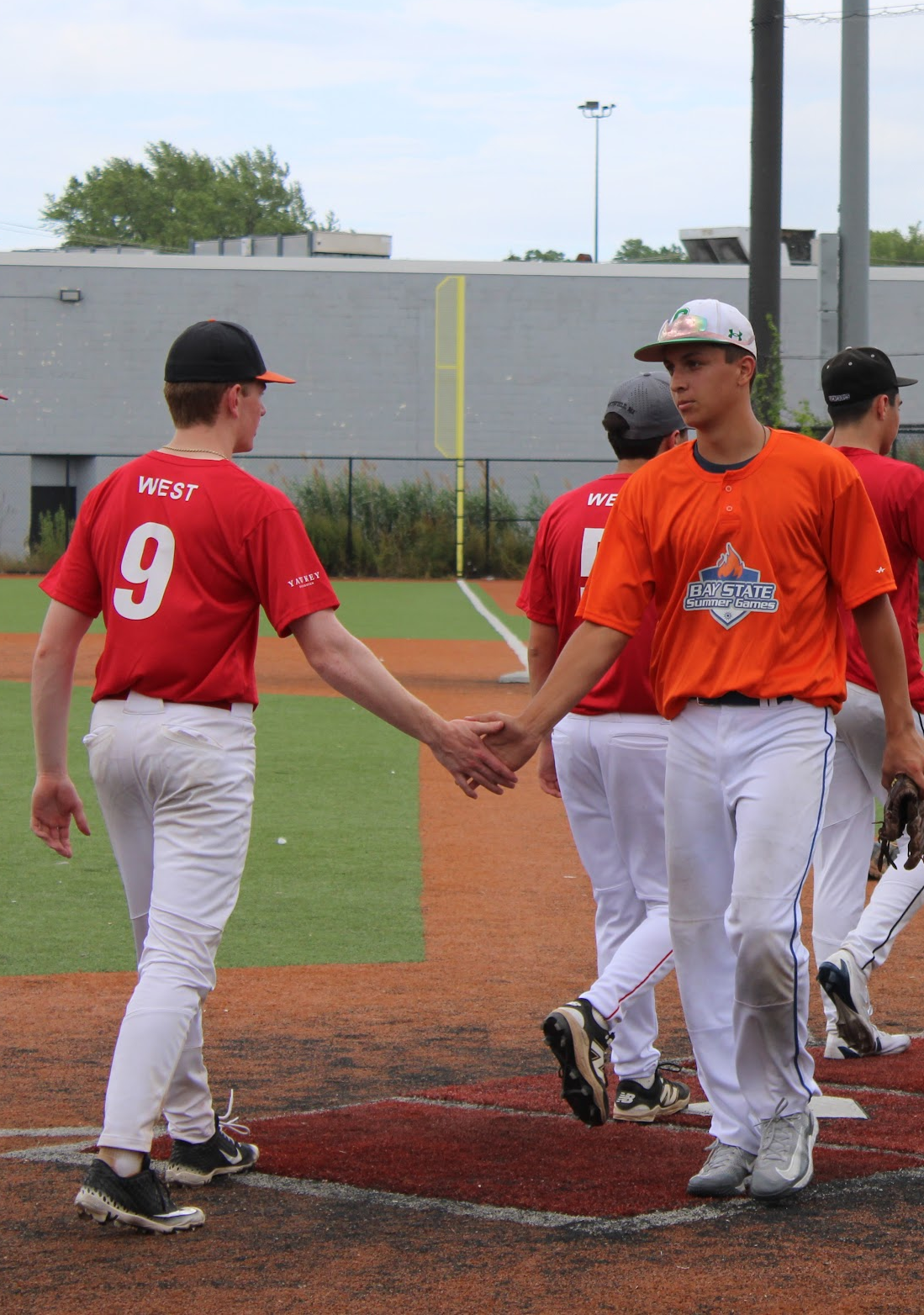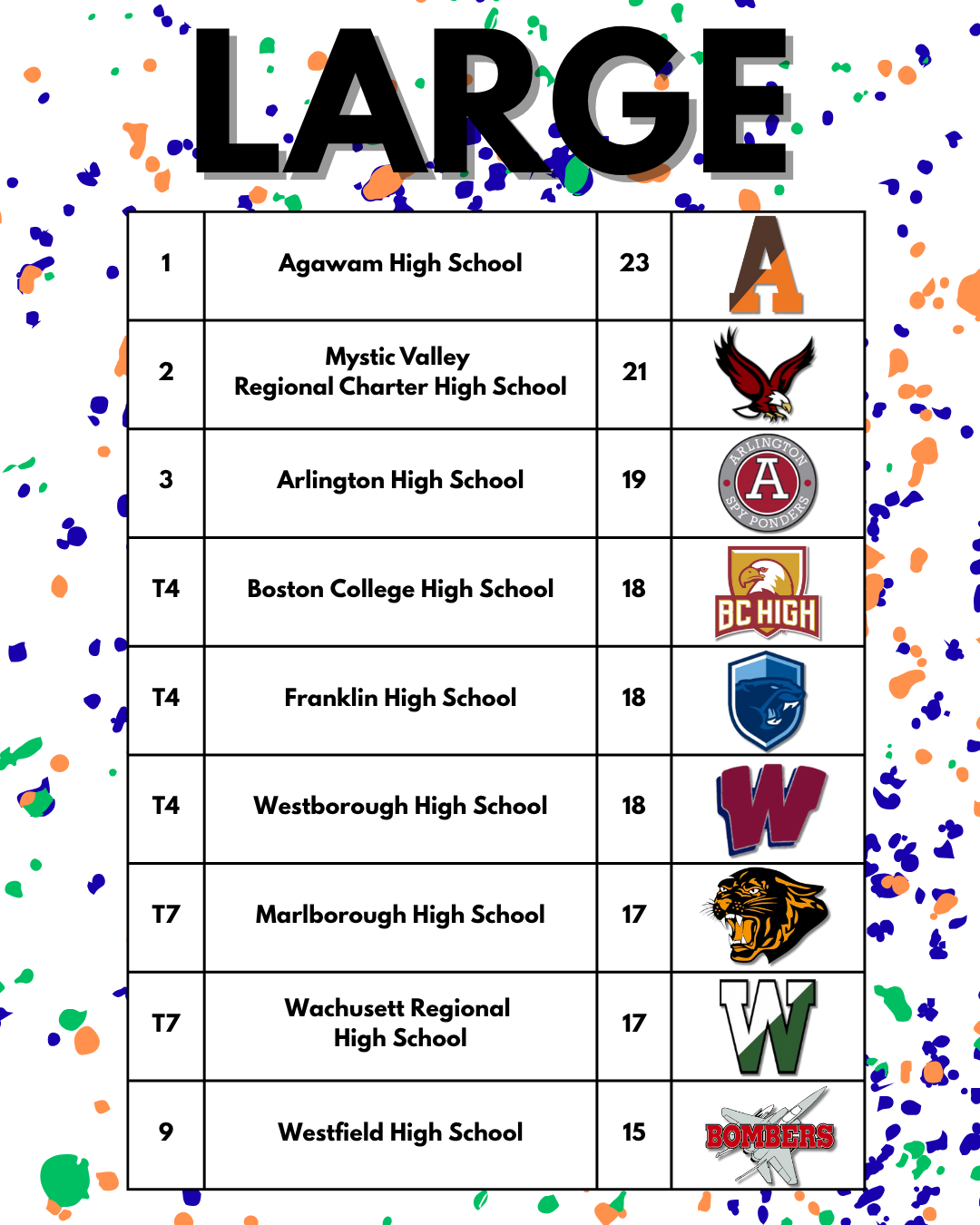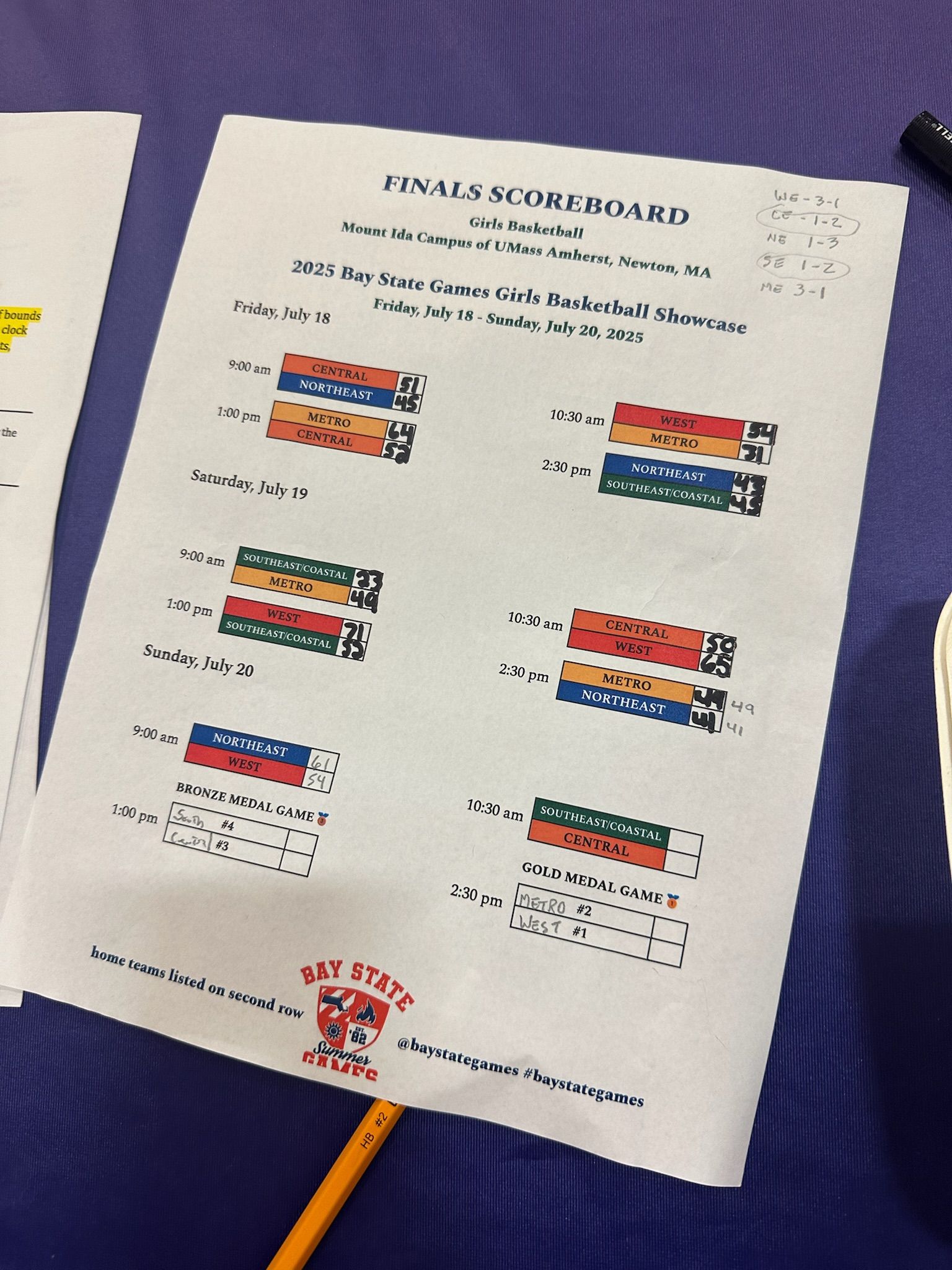A Recruiting Discussion with Regis Track & Field Coach Ben Colello
Regis College Track Coach Ben Colello shares his recruiting advice for current student-athletes.
This is a transcribed presentation that was given to BSG High School Ambassadors on February 8, 2022
I was given the topic of collegiate recruiting, which I think is awesome, and I think about daily, probably more than daily, many times per day.
Recruiting is really my wheelhouse of everything that I am thinking about on a daily basis. It is so so important to a program like mine at Regis and a school like Regis where so much of the student population is a student-athlete—about a third to half of our student population are athletes. So it is a great tool that I have become so enthralled with and I’d love to share, not only what I’ve learned through recruiting at Regis, but also through going through the recruiting process myself as an athlete not too long ago (about I guess 10 years ago at this point and I’m sure things have changed a little bit) and I’ve kind of seen that from the other side. I hope I can provide some insight into the realm of collegiate recruiting!
So first things first, the three main ways and obviously there are a few other ways thrown in there somehow, some random connections, the three main ways that I and most schools will find student athletes is (1) reach out to high school coach or athletic director. So we’ll see your results either on the net or like at a big meet like the state championship or Bay State Games or things like that. We’ll see your results and immediately try to get in contact with you via your athletic director or coach. You know, as a coach, I try to establish connections with high school coaches all across the state, all across New England, all across the country, and try to establish those kinds of pipelines, you know, where we know a specific program produces high quality student-athletes or good kids, or both, or the right students or anything like that. So, you know, getting that connection with a school is very important to me and I'm sure you know where athletes on your teams have gone after their high school days, so you know that’s always a good way for me to start looking at athletes.
The second way is those recruiting websites. So I know of three, (1) NCSA, Next College Student Athlete, again covers all sports that are looking for recruits. So you just go on, sign up, I believe there’s a free version and a paid version. I did both NCSA, and the other one is BeRecruited, when I was a high school athlete as well. So NCSASports.com and BeRecruited.com are great tools to just get your name out there. So not only through competitions and competing at big meets, you know, getting that self-exposure through performing well, but also getting on those recruiting websites, you know, they make it very very easy for myself [as a coach] to narrow down which event I’m looking for, narrow down what marks I’m looking for in that of event, but for also in other sports, which positions [coaches] are looking for.
And the third way [coaches get in contact with athletes], I get emails and phone calls and text messages from athletes themselves. So high school athletes reach out to college coaches they want to establish the connection themselves instead of the college coach trying to find them. So I’d say it’s a pretty even split amongst those three options. So that is how we find recruits initially.
I would say the biggest things to remember when going through the recruiting process are (1) be responsive, and (2) be task-oriented.
So the first one, be responsive. That just means especially if you are interested in the school and especially if that school would be a great fit for you and you have a chance to really contribute to that team, even if they are a little above athletically where you are currently, then the biggest thing you can do to show you are interested and show that you are willing to make the commitment to improve yourself as an athlete, improve yourself as a person, and contribute to that team eventually is to be responsive. You know, it doesn’t mean responding to everything within the hour or anything like that, but making sure you are taking the time to come up with a coherent, very well-thought out response to each text message, email, whatever it is you are getting from a college coach. You know that is the biggest thing. It makes my job so much easier—it makes college coaches’ jobs so much easier—when they know who is interested and who’s not. Well, I’ll get to the who’s not interested part a little later, but the second most important thing would definitely be to be task-oriented.
Since I've started my coaching career and many other coaches live with the philosophy of 'give the recruit a task to complete so you know they are really interested.' So whether that’s something big like send in your application to the school or something small like hey keep me posted about when you get your schedule for next season, or how did that game or let me know how you did at last game or competition. Being task-oriented will get you very far in the recruiting process because a lot of the recruiting process is just completing small tasks that add up to a big picture. So those are my two big—if you are only going to take away two thing—it is be responsive to college coaches and be task oriented through the recruiting process.
(Question from a student) What are the elements of the email that athletes send that stand out to you? What information is valuable to you when connecting?
Great question! So immediately, I am looking for just coherent, complete sentences. If I just see a jumbled kind of mess of marks and times and height and weight and performances, or anything like that, you know, it doesn’t get me as excited as when I have a recruit reach out and say “I am really interested in Regis College” or “I am really interested in _____.” And the big things are your position, any kind of tangible mark or tangible award, whether that’s like starting for varsity for three years, I have the school record in this, my PRs are this and this, any weight room achievements that you have, any personal records in the weight rooms or lists, any kind of tangible thing a coach can look at and say “okay that the standard for my team” or "this is where they would land." I feel like I have an easy recruiting job in that track & field, I am just looking at the stats. If you can run on my team or not or if you can jump or throw on my team or not, like swimming, we look at your stats and look if you can compete on our team, can you score at our conference championships. For other sports, like soccer or basketball, it really depends on your level of competition. If you’re scoring 30 points a game, but you’ve been on JV for two years that’s not really giving college coaches a whole lot to go off of because they don’t really know the level of competition, so any sort of tangible evidence or tangible data that you can provide that will make you an appealing prospect, that would be very important to put in that initial email. The second thing would absolutely be would be something that tells the coach that you looked at the program, the team, or the school. So, like if I get an email for Regis with someone saying “I’ve wanted to be a mechanical engineer since I was two,” I’m going to tell that athlete “hey maybe Regis isn’t the right fit because we do not have a mechanical engineering degree.” So you know, doing a little bit of research into the school and making sure they offer your major, they have what you’re interesting in studying, is also big.
Looking at the level of their—this is kind of finding the right school, not necessarily something to put in that initial email but just looking to see which coaches you should email, look at their current athletes and see where you stack up against them. Again track and swimming are a little more clear, in that the times I am running now, or the times I’m swimming, or the marks I have, are they comparable to those on the current team? Within the next few years, will you be able to score at my conference meet? And that’s a huge piece to this. At the end of the day, coaches want to do as well as they can within their conference. They want to win their conference, get New England qualifiers, all-New England teams, all-conference teams.
And then the last thing, if you have an area of study you are interested in, make sure to put that in or just some other nod towards the school to show you’ve done a little bit of research.
The next couple of notes I have are if you are interested or not interested in a school, then coaches want to know that. Because if you are not interested in a school, and you kind of lead on a coach with a text message or email every so often, or anything like that, if you know you are not interested in a school, save yourself time and save the coach time and let them know it is not the right fit [for you]. I would absolutely reach out and tell them that instead of not responding because (1) if you don’t respond, you’re gonna get at least two more emails from them, which is just going to waste your time and clutter your inbox, and (2) even though you’re not going to establish a huge relationship with that coach, if maybe you’re transferring, that coach ends up at another school, you’re looking for postgrad employment—which for this group it sounds like in the area of sport management or anything to do with sports—and you come across that coach, they might remember you politely saying, “hey coach, thank you for the email. At this time I don’t think Regis College is the right fit for me.” I really think that goes a long way, and I think that is a very moral and good thing to do. To have those kind of deal breaker conversations as early as you can. As coaches we want to have those conversations as early as we can so we are not wasting our time trying to get someone to come to Regis who doesn’t want to come.
And the last thing I want to touch on, which many questions come out of this from my experience when on that initial phone call, I say “do you have any questions for me,” it’s usually on the recruiting timeline.
So the first step is that initial reach out. 2 out of 3 times, it will come from the coach, 1 out of 3 times it will come from the athlete. So the initial reach out will be anywhere from—and it keeps on getting earlier and earlier—but I would say summer or late sophomore year, summer of sophomore year through the summer of you junior year—especially at the Division III level—that’s when I’m looking at and initially emailing out to athletes. So the summer going into their junior year, throughout their junior year, and the summer afterwards, that is really the bulk of me reaching out to athletes. I know in sports like lacrosse and at higher levels like at Division I or Division II, it could be as early as after your freshman year, you hear people getting recruited, but generally I would say summer after sophomore year through summer after junior year, that’s a good time of when to expect and make those initial emails.
The second step would be that initial phone call. So any time I get an email or questionnaire (recruiting questionnaire), all programs no matter what division, no matter what school, they’re gonna have some sort of questionnaire on their website. If you are interested in a school, either if a coach reaches out to you, they’re probably going to include that questionnaire in the email, or if you go and find a school that you’re interested in and they have your sport and it seems like a good fit, you can go ahead and fill out the questionnaire because one of the coaches or athletic administrators are going to see that and make sure the coach gets in touch with you. So after that, I like to set up a initial phone call to get to know a recruit a little better. If there is a time to practice those, and hopefully it’s not uncomfortable, but if there’s a time to practice those uncomfortable phone calls, the recruiting process is a great time. You can talk to as many coaches as you want and you are going to have a ton of phone calls, and you know some will be easy, and some can be more difficult, depending on how much you like the school, how easy it is to talk to that coach, I think really, the biggest thing I took away from the recruiting process is how to make conversation when there may not be a whole lot there. And that is a valuable skill no matter where you are. So that initial phone call is huge to see not only how you vibe with the coach but also learn way more about the team and the school.
The third step is sending your transcript. I love to say at the end of the day you are a student-athlete, and I love that it’s a student-athlete because you are a student first. You know, unless you are at one of the top tier Division I programs that are just feeders into professional sports, you are going to be a student first, and an athlete second. So the most important thing is that the coach knows and you know that you are going to be a successful student at that school and that you are not going to struggle at that school [or] that you are not going to struggle getting into that school. You know, it is such a relief when I see a questionnaire come through or initially see a transcript that is so great that I am not going to worry at all about their admission status. It is the best feeling in the world to know it is not going to be a headache not only through the recruiting process, but also for those 4 years that they are going to be at the school. So sending transcript, being task oriented, being responsive, sending the transcript as soon as the coach asks for it, after that, it will generally be the second semester of your junior year, you know, because you will have more grades to go off of, and to make sure that you are set for admission and any merit scholarship that comes with that.
The unofficial visit will take place anywhere from the spring semester of your junior year to the spring semester of your senior year, but I would like to think the majority of those unofficial visits are gonna get done between the spring of your junior year to the fall of your senior year. The summer between your junior year and senior year is huge for campus tours, so that would be the next step.
So right now we have initial reach out, initial phone call, send transcript, unofficial visit on campus/campus tour, that can also go along with meeting the coaches, team members, seeing the facilities.
Fifth would be the application. Almost every school in the country is on the Common App, which is a great way to apply to schools. The Common App opens August 1, and that is when schools will start accepting applications and stuff like that, so I would say even if you are not at a school that will give you a lot of help with applications—I think the high schools are doing that more and more where it is part of a class where you work on the college essay and application—I would definitely say, try to get things prepared for that August 1 date and work through August so that your application is complete.
The sixth step is the official visit. Those usually run through your senior fall to your senior spring. So the official visit is where I like to say you get to come to campus and live the life of a Regis College—or whatever college you are looking at—student-athlete, for a couple days, for a day, however that school has it. So you are going to stay overnight with an athlete on the team, you are going to eat breakfast with the team, you are going to go to class, eat lunch, watch a practice, again living the life of a student-athlete, which is really cool and a great way to see if you fit in with the team, how you vibe with the school, and really how you can envision yourself there.
After the official visit, and depending on when your official visit takes place, whether it is in the fall, or like all of my recruits [this year] unfortunately will be in the spring this year because there were no official visits in the fall, which is a little tough, but now I am gearing up, we have 12 recruits coming to our Accepted Students Day, another great way to get to know the coach, get to know potential future teammates, but also a great way to meet other recruits in your class, so if you are able to attend that, that is huge.
And finally, the May 1 decision deadline. Again, not a hard deadline for most schools, but usually the recruiting process is over by then.
[Questions were then asked by some of the ambassadors]
When do you think coming in contact with colleges and college coaches is best? Should you start as a sophomore, junior, etc.?
Again, from a track & field coach standpoint, and I’m sure most other coaches say after the sophomore year is a great time. And really any time after your sophomore year. If you’re a fall sport athlete, after junior year, like if you’re a soccer player, after the junior year season in soccer. If you’re a spring season athlete, after your sophomore season, even after your junior year season, reaching out during that summer going into senior year. So no “ideal” time, probably more ideal for junior fall athletes to contact in winter of junior year and then junior spring athletes, summer going into senior year, but really any time after that sophomore year is good time to start for recruiting.
I’m a sophomore. For the initial email when reaching out to colleges, other than PRs, should you mention your goals that you have for the next few years?
Absolutely! I think that is an awesome one! And you just to give me something to ask you about. How are you going to obtain those goals? What kind of trajectory are you on? What kind of training are you doing? So yeah, I think that’s a great thing to add.
If you don’t know what major you want to study or where you want to go to school, how should you handle recruiting emails from schools?
Sure! Another great question, and definitely one I dealt with when going through the recruiting process myself. I had no idea what I wanted to study, I didn’t know until I was a sophomore in college, and I still chose the wrong one [for me]. I was an environmental studies major, and I ended up becoming a track coach. So, that’s a great question. I would say anything are interested in, again I knew I might be interested in—for me I really enjoyed my earth science classes in high school. If you are more of a math person, if you are more of a soft sciences person, anything like that. Look at their programs and see if there is potentially something you could be interested in, but the big thing is that there are so many factors going into your college decision–location, distance from home, size, campus feel, smaller school vs. bigger school, city school vs. school in the countryside—anything like that, varies person to person. There is no right way to do it, no wrong way to do it. If you are receiving emails from college coaches, I would definitely take a look at their school, look at their statistics from their team and from their school and see if it could be a potential fit. Especially if you don’t know much about where you want to go or what you want to study, definitely respond to anything to see if it could develop into a good opportunity.
How could you go about being recruited to a varsity sports team when you are already committed to the school? (This student-athlete is commitment to play field hockey at a school but is interested in also competing in track & field at the school).
Definitely, if you are already committed and already applied, or even in your case if you are already into the school, that is the big thing. The worst thing is getting an email from a recruit basically saying all of my other options fell through. Can you get me into the school? But if you are already committed, I feel there is absolutely no harm in reaching out to the track coach. I would also check with the field hockey coach to make sure they are ok with you competing on another team.
About Ben Colello
In 2021, Ben Colello was appointed as the head coach at Regis College for cross country, indoor and outdoor track. Prior to becoming the head coach, he served as an assistant coach at Regis and at Harvard University. Ben was a Track & Field Athlete at Dartmouth College from 2014-2018, earning second team all Ivy league honors three times. Ben oversees recruiting for all track programs at Regis College. He also hosted the 2021 Bay State Games Track & Field competition with plans to do so again in 2022. The Sudbury native competed in Bay State Games the summers after 8th and 9th grade.
For more information on recruiting, please visit www.baystategames.org/recruiting-tools
